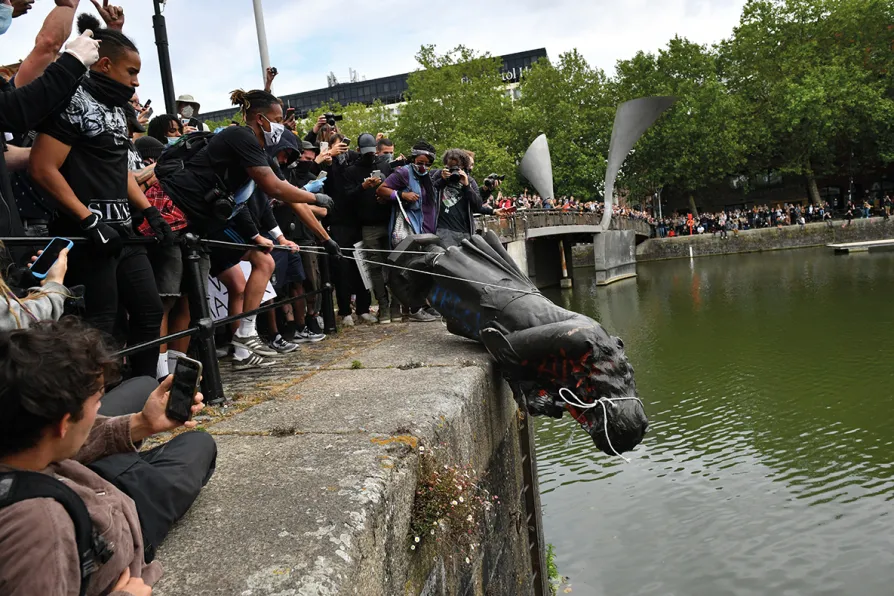Labour prospects in May elections may be irrevocably damaged by Birmingham Council’s costly refusal to settle the year-long dispute, warns STEVE WRIGHT


PERHAPS for several understandable reasons the reality that 2020 has been a year of worldwide protest has been rather missing from the numerous media summaries of the last 12 months.
After all, a deadly pandemic has seized the world and led to illness and death, particularly in neoliberal economies that put profit ahead of people.
Yet protest there has been and its global nature has been dictated in part by lockdowns restricting to an extent physical protests.

Inspired by a hit TV show, KEITH FLETT takes a look at the murky history of undercover class war

Still the only black man to win the US Open tennis title, a statue of the legendary champion, Arthur Ashe, is now the only one remaining on Monument Avenue in his Richmond, Virginia hometown, where confederate leaders of the Civil War were also once displayed, writes LINDA PENTZ GUNTER

The government cracking down on something it can’t comprehend and doesn’t want to engage with is a repeating pattern of history, says KEITH FLETT











